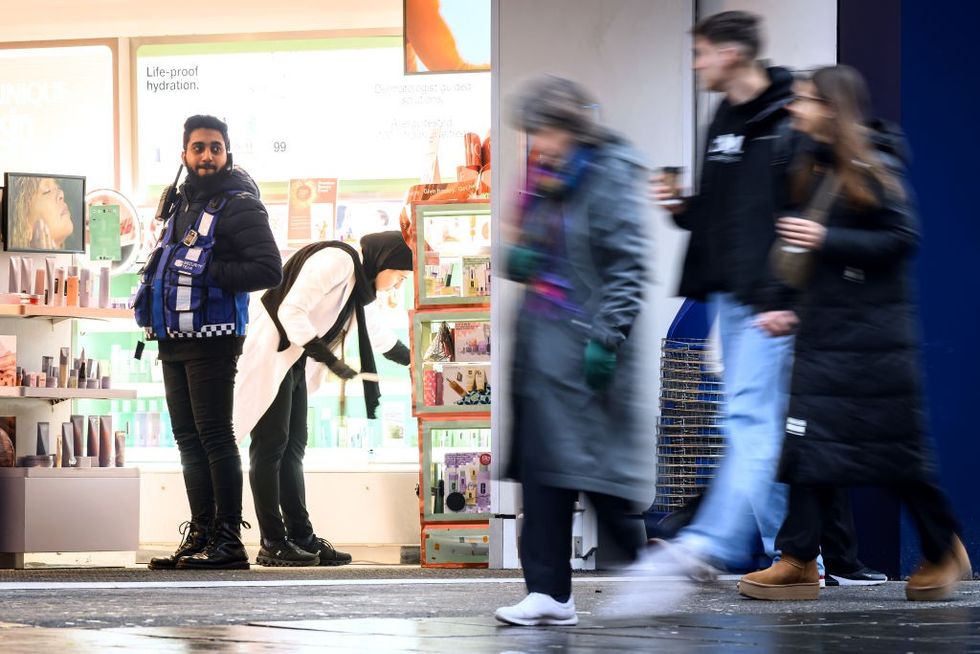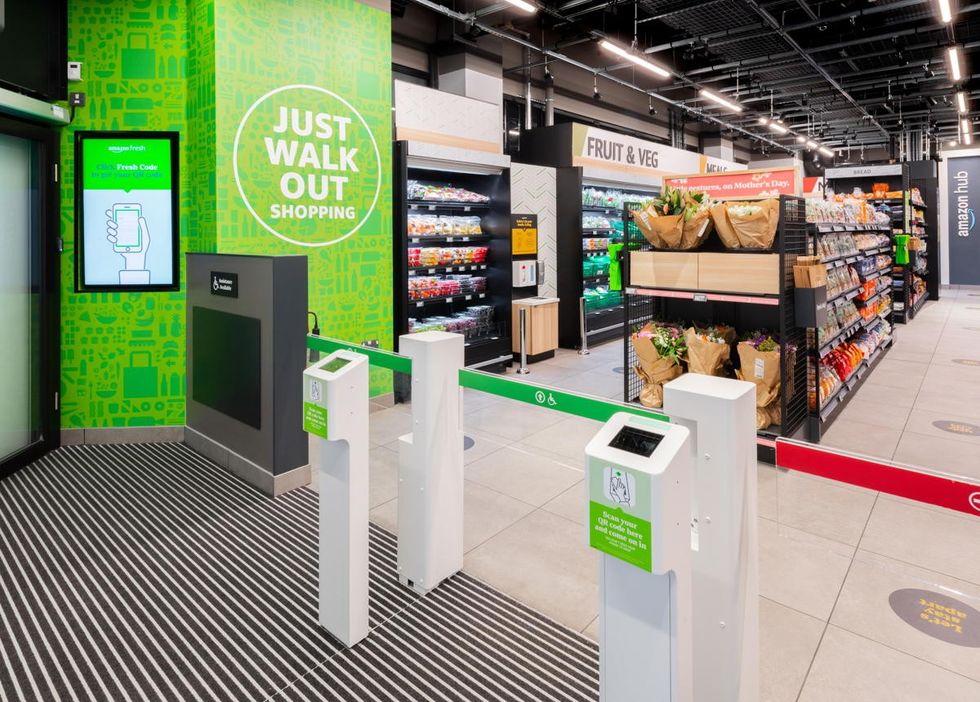The UK retail sector is bracing for a challenging but opportunity-filled 2025, according to Jacqui Baker, head of retail at RSM UK. While the industry grapples with rising costs and heightened crime, advancements in artificial intelligence and a revival of the high street offer potential pathways to growth, she said.
The latest Budget delivered a tough blow to the retail sector, exacerbating existing financial pressures. Retailers, who already shoulder a significant portion of business rates and rely heavily on a large workforce, face increased costs from rising employers’ National Insurance Contributions.
“Higher costs will also eat into available funds for future pay rises, benefits or pension contributions – hitting retailers’ cashflow in the short term and employees’ remuneration in the longer term,” Baker said.
“Retailers must get creative to manage their margins and attract footfall and spend, plus think outside the box to incentivise employees if they’re to hold onto talented staff.”
On the brighter side, falling inflation and lower interest rates could ease operational costs and restore consumer confidence, potentially driving retail spending upward.
High street resurgence
Consumers’ shopping habits are evolving, with a hybrid approach blending online and in-store purchases. According to RSM UK’s Consumer Outlook, 46 per cent of consumers prefer in-store shopping for weekly purchases, compared to 29 per cent for online, but the preference shifts to 47 per cent for online shopping for monthly buys and to 29 per cent for in-store. The most important in-store aspect for consumers was ease of finding products (59%), versus convenience (37%) for online.
“Tactile shopping experiences remain an integral part of the purchase journey for shoppers, so retailers need to prioritise convenience and the opportunity for discovery to bring consumers back to the high street,” Baker noted.
The government’s initiative to auction empty shops is expected to make brick-and-mortar stores more accessible to smaller, independent retailers, further boosting high street revival, she added.

Meanwhile, retail crime, exacerbated by cost-of-living pressures, remains a significant concern, with shoplifting incidents reaching record highs. From organised social media-driven thefts to fraudulent delivery claims, the methods are becoming increasingly sophisticated.
“Crime has a knock-on effect on both margins and staff morale, so while the government is cracking down on retail crime, retailers also have a part to play by investing in data to prevent and detect theft,” Baker said.
“Data is extremely powerful in minimising losses and improving the overall operational efficiency of the business.”
AI as a game-changer
Artificial intelligence is emerging as a transformative force for the retail sector. From personalised product recommendations and inventory optimisation to immersive augmented reality experiences, AI is reshaping the shopping landscape.
“AI will undoubtedly become even more sophisticated over time, creating immersive and interactive experiences that bridge the gap between online and in-store. Emerging trends include hyper-personalisation throughout the entire shopping journey, autonomous stores and checkouts, and enhanced augmented reality experiences to “try” products before buying,” she said, adding that AI will be a “transformative investment” that determines the long-term viability of retail businesses.

As financial pressures ease, sustainability is climbing up the consumer agenda. RSM’s Consumer Outlook found 46 per cent would pay more for products that are sustainably sourced, up from 28 per cent last year; while 44 per cent would pay more for products with environmentally friendly packaging, compared to 36 per cent last year.
“However, ESG concerns vary depending on age and income, holding greater importance among high earners and millennials. With financial pressures expected to continue easing next year, we anticipate a renewal of sustainability and environmentally conscious spending habits,” Baker noted.
“Retailers ought to tap into this by understanding the preferences of different demographics and most importantly, their target market.”






